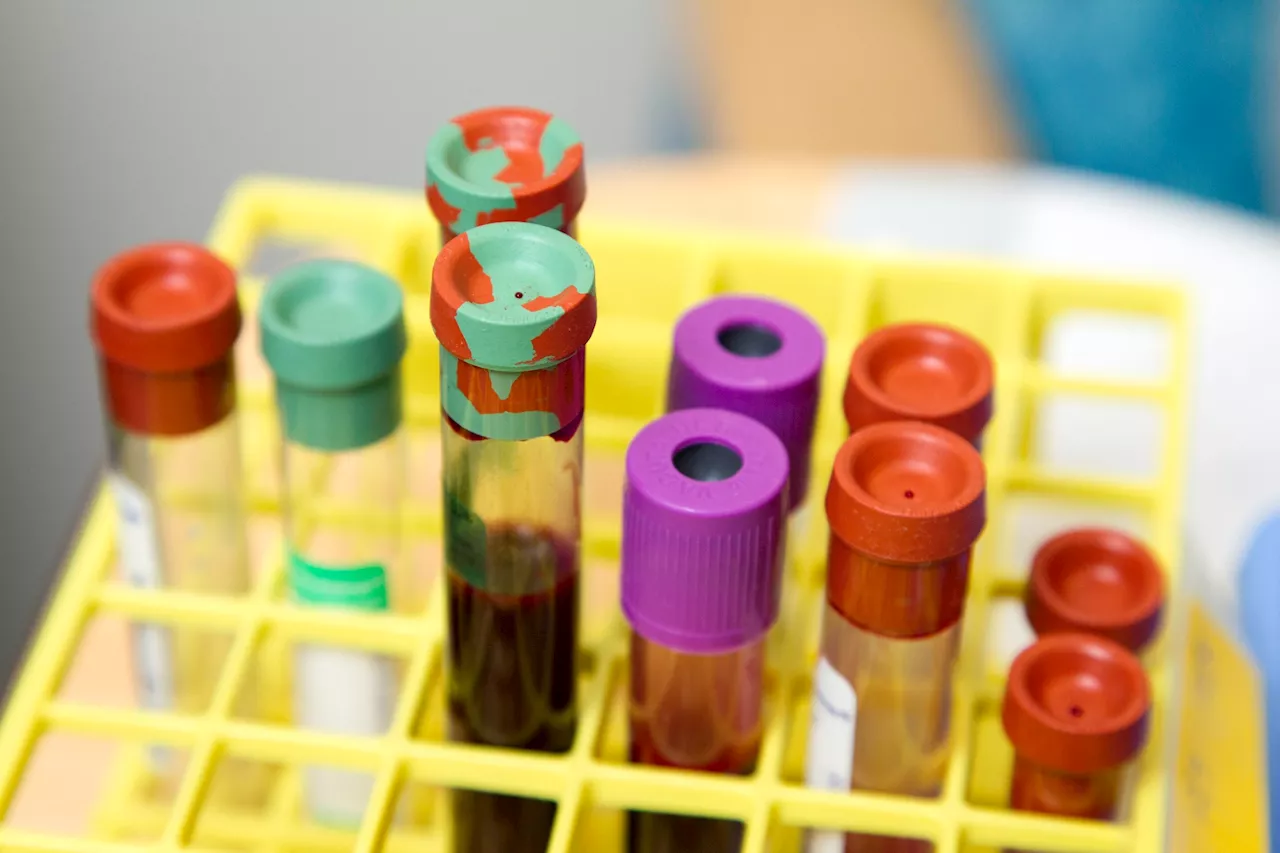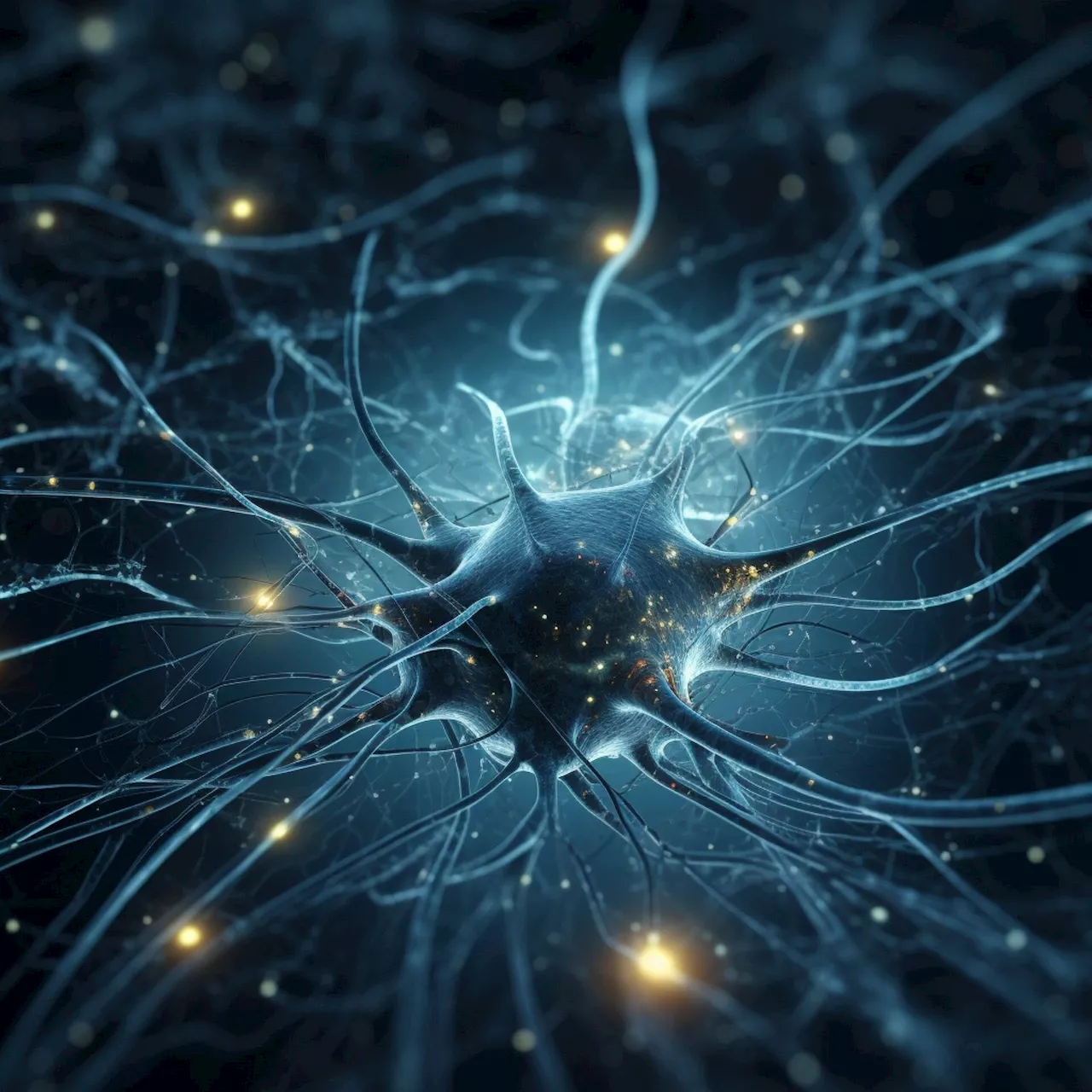The researchers said their method is 80 accurate.
Scientists say they have developed a new method that can predict dementia up to nine years before diagnosis, with 80% accuracy.
They said this technique has the “potential to fill an enormous clinical gap” by identifying people who are at risk of dementia and treating them before symptoms start to show. The researchers developed a model that was able to predict which people in this group would go on to be diagnosed with dementia.
Prof Marshall, who led the research team within the Centre for Preventive Neurology at Queen Mary’s Wolfson Institute of Population Health, said: “Predicting who is going to get dementia in the future will be vital for developing treatments that can prevent the irreversible loss of brain cells that causes the symptoms of dementia.
Philippines Latest News, Philippines Headlines
Similar News:You can also read news stories similar to this one that we have collected from other news sources.
 Scientists discover blood proteins that may give cancer warning seven years before diagnosisTwo studies from Oxford Population Health have discovered proteins in the blood that could warn people of cancer more than seven years before it is diagnosed.
Scientists discover blood proteins that may give cancer warning seven years before diagnosisTwo studies from Oxford Population Health have discovered proteins in the blood that could warn people of cancer more than seven years before it is diagnosed.
Read more »
 Proteins in blood could warn of cancer seven years before diagnosis, scientists findDoctors welcome the 'important' discovery and say it is a 'crucial first step' towards offering preventative therapies.
Proteins in blood could warn of cancer seven years before diagnosis, scientists findDoctors welcome the 'important' discovery and say it is a 'crucial first step' towards offering preventative therapies.
Read more »
 Scientists make breakthrough as major cause of inflammatory bowel disease foundThe breakthrough study also found that existing drugs could be used to treat IBD, raising hopes for millions worldwide
Scientists make breakthrough as major cause of inflammatory bowel disease foundThe breakthrough study also found that existing drugs could be used to treat IBD, raising hopes for millions worldwide
Read more »
 Myelination in the brain may drive opioid addiction, say scientistsOur brains, even in adulthood, continually adapt to what we do, strengthening or weakening neural pathways as we practice new skills or abandon old habits. Now, research by Stanford Medicine scientists has found that a particular type of neuroplasticity, known as adaptive myelination, can also contribute to drug addiction.
Myelination in the brain may drive opioid addiction, say scientistsOur brains, even in adulthood, continually adapt to what we do, strengthening or weakening neural pathways as we practice new skills or abandon old habits. Now, research by Stanford Medicine scientists has found that a particular type of neuroplasticity, known as adaptive myelination, can also contribute to drug addiction.
Read more »
 Scientists determine how cooperative proteins help the immune system identify and attack invadersBacteria, parasites, viruses—the immune system tackles them all. At the front line of the human immune response are cells called macrophages, which are responsible for correctly identifying intruders and then directing how the entire immune system responds.
Scientists determine how cooperative proteins help the immune system identify and attack invadersBacteria, parasites, viruses—the immune system tackles them all. At the front line of the human immune response are cells called macrophages, which are responsible for correctly identifying intruders and then directing how the entire immune system responds.
Read more »
 Retina indicates severity of schizophrenia, scientists discoverResearchers have discovered that the retina of schizophrenia patients differs from the retina of healthy participants. These changes could help psychiatrists to recognize who will have a particularly severe course of illness. The findings are published in the journal Biological Psychiatry.
Retina indicates severity of schizophrenia, scientists discoverResearchers have discovered that the retina of schizophrenia patients differs from the retina of healthy participants. These changes could help psychiatrists to recognize who will have a particularly severe course of illness. The findings are published in the journal Biological Psychiatry.
Read more »